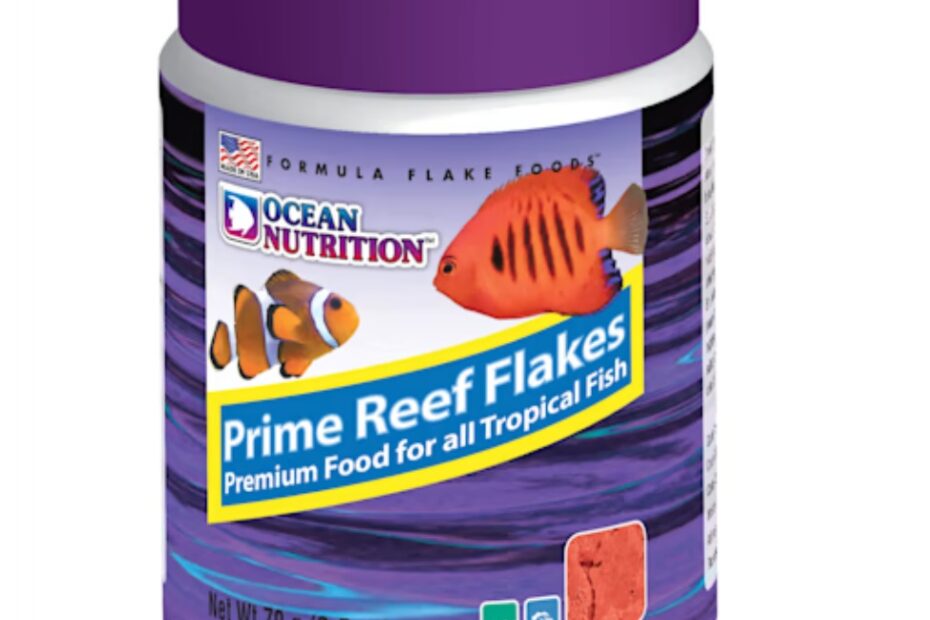Buy fish food
Proper nutrition is crucial for the health and vitality of saltwater fish. As diverse as the species are in marine aquariums, so are their dietary requirements. When feeding saltwater fish, it’s important to understand and cater to the specific needs of the species you’re keeping.
Types of Saltwater Fish Food:
- Pellet Foods:
- Description: These are small, granular foods often formulated with a blend of proteins, fats, vitamins, and minerals.
- Pros: Easy to store and dispense, available in various sizes and formulations.
- Cons: Some fish might not initially recognize them as food; they can sometimes degrade water quality if overfed.
- Flake Foods:
- Description: Thin, flaked materials often fortified with vitamins and minerals.
- Pros: Suitable for a wide range of fish, often readily accepted.
- Cons: Not ideal for larger fish or those that are bottom feeders; can also degrade water quality if overfed.
- Frozen Foods:
- Description: Foods that are frozen to preserve freshness; includes brine shrimp, mysis shrimp, krill, and other marine foods.
- Pros: Closer to a natural diet for many fish; high in nutritional value.
- Cons: Requires thawing before feeding; storage takes up freezer space.
- Live Foods:
- Description: Live organisms like copepods, amphipods, and brine shrimp.
- Pros: Stimulate natural hunting behaviors; high in nutritional value.
- Cons: Can be expensive and hard to source; potential risk of introducing pathogens.
- Specialty Foods:
- Description: Formulated diets for specific fish, e.g., sponge-based foods for angelfish or algae sheets for tangs and other herbivores.
- Pros: Tailored to meet the specific needs of certain species.
- Cons: Might not be suitable as the sole food source; specific to certain fish types.
Feeding Tips:
- Diversity: Offer a varied diet to ensure a range of nutrients. This can mean rotating between different types of foods or offering a mix.
- Moderation: Overfeeding can lead to obesity and degraded water quality. It’s better to feed small amounts more frequently (e.g., 2-3 times a day) than a large quantity at once.
- Observe: Pay attention to how fish react to foods. If they don’t consume it eagerly, they might not like or need that particular food.
- Soaking Food: Consider soaking food in a vitamin supplement or garlic extract. This can boost the food’s nutritional value and increase its palatability.
- Clean Up: Remove any uneaten food from the tank to prevent it from decomposing and affecting water quality.
Conclusion:
Understanding and catering to the dietary needs of your saltwater fish will ensure their health, vibrant colors, and longevity. Always research the specific requirements of each species you keep, and aim for a balanced and varied diet. Remember that a well-fed fish is typically a happy and active fish!

